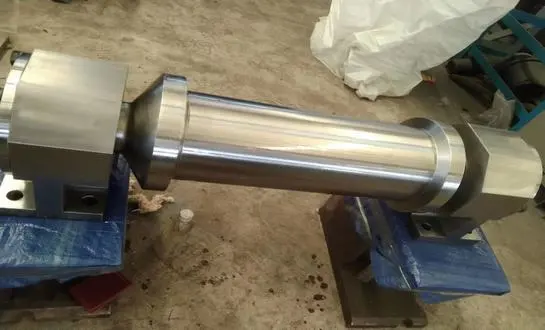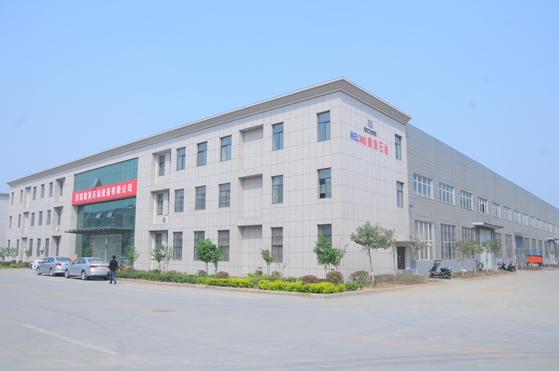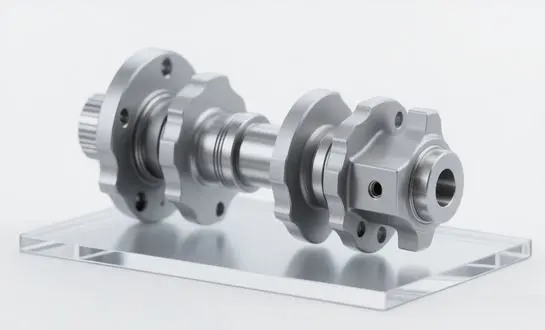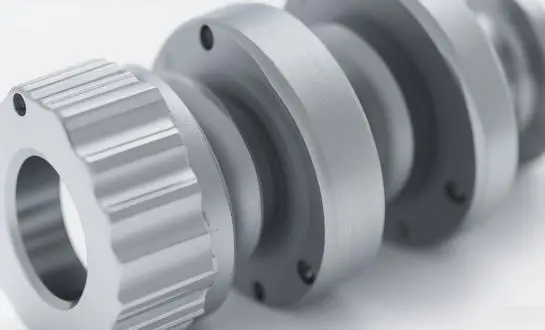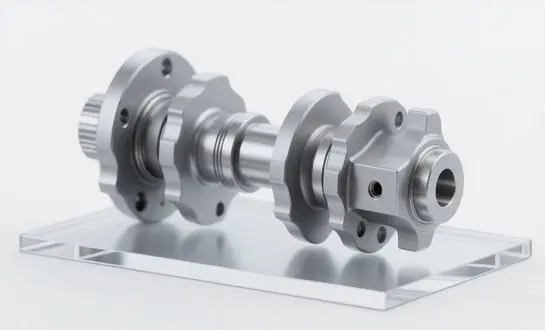What Are the Most Durable Materials for Industrial Work Rolls?
The durability of work rolls is paramount in ensuring consistent quality and reducing downtime in metal processing operations. As technology advances, manufacturers are continually seeking materials that can withstand the extreme conditions of rolling mills. High-speed steel (HSS) has emerged as a frontrunner in work roll material selection, offering exceptional wear resistance and thermal stability. This alloy, composed of carbon, chromium, tungsten, and vanadium, maintains its hardness even at elevated temperatures, making it ideal for hot rolling applications.
Advancements in Alloy Composition
Recent developments in metallurgy have led to the creation of advanced high-chromium iron (HiCr) alloys. These materials exhibit superior resistance to thermal fatigue and oxidation, crucial properties for work rolls operating in demanding environments. The incorporation of carbide-forming elements like niobium and molybdenum further enhances the work roll's resistance to wear and thermal cracking.
Composite Materials: A Game-Changer
Composite work rolls, featuring a high-strength core and a wear-resistant shell, are gaining traction in the industry. This innovative approach combines the toughness of forged steel cores with the surface hardness of centrifugally cast shells, resulting in work rolls that offer both durability and flexibility. The composite structure allows for customization of properties across the roll's cross-section, optimizing performance for specific rolling conditions.
Centrifugal Casting vs. Forging: Which Method Delivers Superior Work Rolls?
The debate between centrifugal casting and forging as the preferred method for work roll production continues to evolve with technological advancements. Each technique offers unique advantages, and the choice often depends on the specific requirements of the rolling application.
The Centrifugal Casting Revolution
Centrifugal casting has gained significant ground in work roll manufacturing due to its ability to produce rolls with a precisely controlled microstructure. This method involves pouring molten metal into a rapidly rotating mold, creating a centrifugal force that ensures uniform distribution of alloying elements and eliminates porosity. The result is a work roll with excellent surface hardness and wear resistance, particularly beneficial for finishing stands in rolling mills.
Forging: Tradition Meets Innovation
Forging, a time-honored technique, remains relevant in work roll production, especially for larger diameter rolls and those requiring exceptional core strength. The forging process imparts a fine-grained structure throughout the roll, enhancing its overall toughness and resistance to fatigue. Recent innovations in forging technology, such as computer-controlled hydraulic presses and advanced heat treatment processes, have further improved the quality and consistency of forged work rolls.
Hybrid Approaches: The Best of Both Worlds
Innovative manufacturers are now exploring hybrid production methods that combine the strengths of both centrifugal casting and forging. These techniques aim to create work rolls with optimized properties throughout their structure, addressing the specific needs of different rolling mill zones. For instance, a forged core might be combined with a centrifugally cast outer layer, providing both strength and surface hardness.
How Advanced Coatings Extend Work Roll Service Life
The application of advanced coatings has emerged as a game-changing strategy in extending the service life of work rolls. These coatings not only enhance the durability of the rolls but also improve their performance in various rolling conditions.
Ceramic Coatings: The Next Frontier
Ceramic coatings, particularly those based on chromium oxide or titanium nitride, have shown remarkable results in protecting work rolls from wear and oxidation. These ultra-thin layers, often applied through physical vapor deposition (PVD) or chemical vapor deposition (CVD) processes, provide an exceptionally hard and smooth surface. This results in improved strip quality and reduced friction during the rolling process, ultimately leading to energy savings and increased productivity.
Nanotechnology in Coating Development
The integration of nanotechnology in coating development has opened up new possibilities for work roll protection. Nanostructured coatings offer unprecedented levels of hardness and toughness, while maintaining excellent adhesion to the roll surface. These coatings can be engineered to provide self-lubricating properties, further reducing wear and enhancing the overall efficiency of the rolling process.
Smart Coatings: Adaptive Protection
The latest frontier in work roll coating technology is the development of smart coatings that can adapt to changing rolling conditions. These innovative coatings may incorporate phase-change materials or self-healing properties, allowing them to respond dynamically to temperature fluctuations or minor surface damage. This adaptive approach ensures consistent protection throughout the roll's service life, potentially revolutionizing maintenance schedules and roll performance.
In conclusion, the landscape of work roll production and materials is rapidly evolving, driven by technological advancements and the ever-increasing demands of the metal processing industry. From high-performance alloys to innovative manufacturing techniques and cutting-edge coatings, the future of work rolls promises enhanced durability, precision, and efficiency. As we continue to push the boundaries of what's possible in metal rolling, staying informed about these developments is crucial for industry professionals aiming to optimize their operations and maintain a competitive edge.
For more information on cutting-edge work roll solutions and how they can benefit your metal processing operations, don't hesitate to reach out to our team of experts at oiltools15@welongpost.com. At Welong, we're committed to providing the latest in work roll technology to help you achieve unparalleled quality and efficiency in your manufacturing processes.
